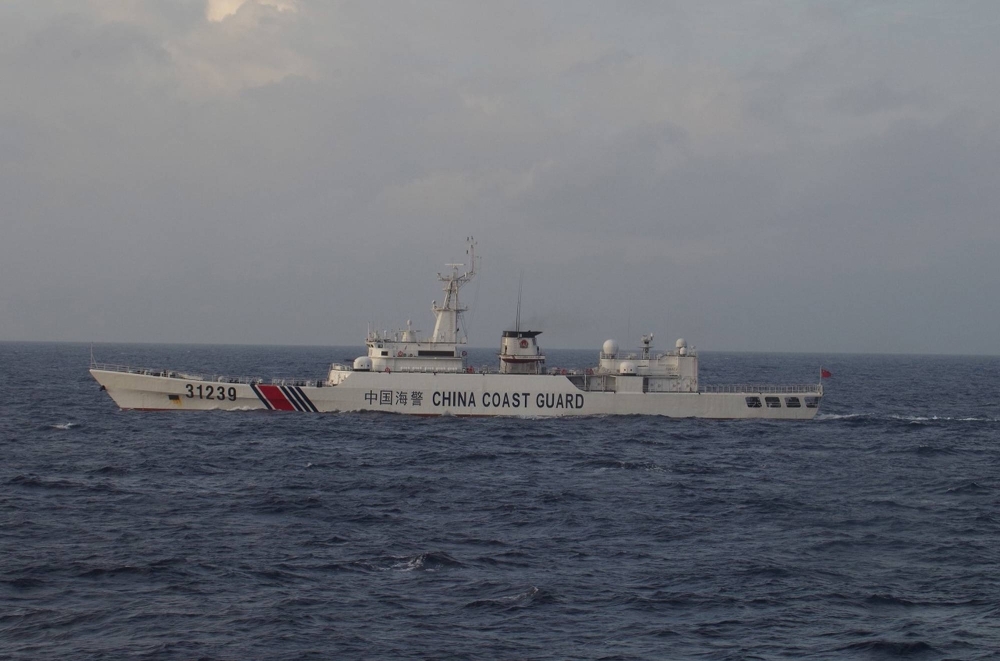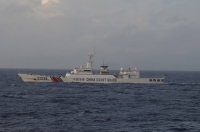Japan is considering bolstering its maritime surveillance capabilities in the face of China's growing assertiveness in the region by sharing data owned by the public and private sectors, a government source said Tuesday.
An improvement of the "marine domain awareness" capabilities, which can also be utilized in disaster predictions and resource development, is aimed at visualizing the state of the sea in an integrated manner, according to the source.
The goal is expected to be incorporated into the government's intensive maritime development strategy based on the Basic Plan on Ocean Policy — Japan's guideline in the field for the next five years, approved by Prime Minister Fumio Kishida's Cabinet in April.
The government is planning to endorse the strategy by the end of the fiscal year through March 2024, after consulting with the ruling Liberal Democratic Party, headed by Kishida, and its junior coalition partner Komeito, the source said.
In recent years, Chinese coast guard vessels have repeatedly entered Japanese waters, especially around the Senkaku Islands, a group of uninhabited islets in the East China Sea that are administrated by Tokyo but claimed by Beijing.
The Self-Defense Forces, the Japan Coast Guard and other governmental organizations are envisaged as deepening cooperation with private entities to swiftly respond to contingencies, such as intrusions by foreign ships and natural disasters, the source said.
The intensive strategy will also include observing remote islands near national borders, boosting the use of autonomous underwater vehicles and promoting offshore wind power generation within Japan's exclusive economic zone, the source added.




